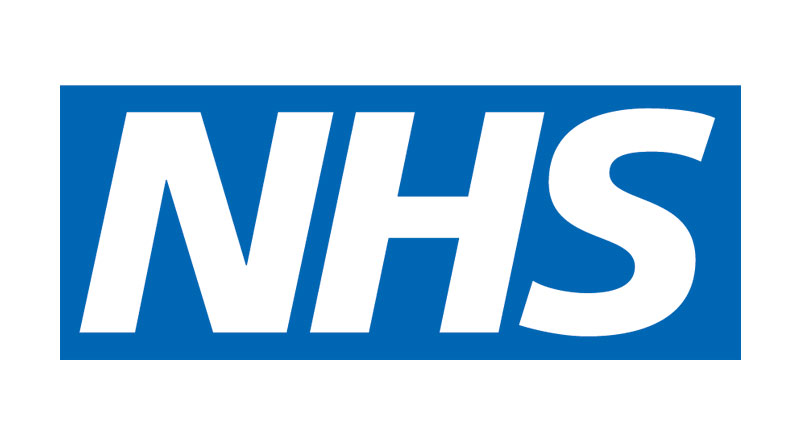Don’t Expect Miracles – It Will Take Time For NHS Services To Be Back To Normal
Responding to the letter from NHS England and NHS Improvement on the “third phase” of the NHS’s response to Covid-19, Niall Dickson, chief executive of the NHS Confederation, which represents organisations across the healthcare sector, said:
“There is much to welcome in this ambitious letter. We all want to restore services as quickly as possible but we need to manage expectations. A full return to pre-Covid-19 levels of activity by October may not be possible.
“There will be a very short window of opportunity between now and winter. Local services are being restarted all over the country but many are constrained and operating at significantly reduced capacity. The NHS must now run Covid and non-Covid services simultaneously and provide care to patients and support for staff using the precautions necessary to prevent the spread of the virus. Social distancing and use of PPE makes it much more difficult to ramp up services quickly.
“Nor do we know how the virus will spread and in every NHS service we must remain vigilant and prepared for local and national surges.
“The service will respond and do everything possible to start tackling the enormous backlog of need but in return it will expect patience – the service will step up as it always does but we need the public, patients and politicians to understand that switching services back on is much more challenging than switching them off, and it will not be achieved overnight.
“The pandemic has also revealed and exposed the extent to which health is unequal in our society and we welcome the commitment to tackle this. NHS organisations recognise that they have a vital role working with others to tackle this injustice alongside national initiatives and funding. We are moving to a health and care system which should have population health at the heart of what it does, and today’s announcements are a step towards that.
“The critical next phase will require local integrated care systems to take control and work with their partners to develop local solutions and the guidance rightly underlines this.
“At the same time, we need to free clinicians and managers to redesign services, without the burden of unnecessary bureaucracy. The move from a Level 4 to Level 3 incident is therefore good news, though we are aware that these freedoms exist on a knife edge and, should local outbreaks flare up more widely, they will quickly be taken away.”





